Below we would like to re-post the CNN article to share information with our readers.
Bonnie's - a Chinese-American restaurant - has become one of the hottest restaurants in New York since opening in Williamsburg, Brooklyn in late 2021, winning multiple best new restaurant awards from multiple media outlets. The restaurant's owner, Calvin Eng, even has "MSG" tattooed on his arm and his restaurant has a signature drink called the MSG Martini.
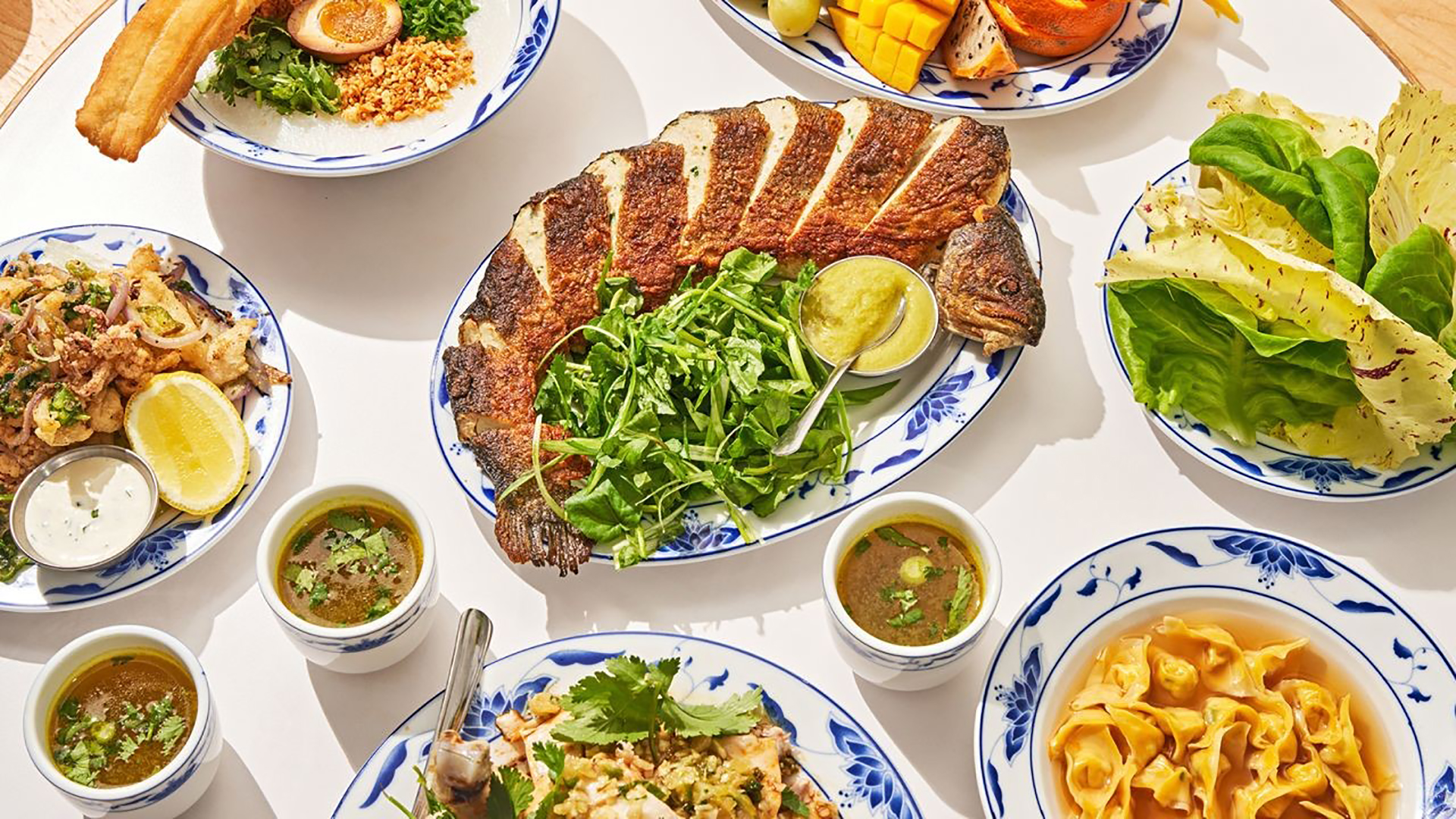
Restaurant owner/chef Calvin Eng says most of the dishes at Bonnie's restaurant in New York, USA use MSG.
Sharing with CNN , Eng did not hesitate to express his love for MSG: "Everything tastes better with MSG, whether it is Western food or Chinese food. We use MSG in drinks, desserts and savory dishes. MSG is in almost all of our dishes."
Bonnie's most famous dish: Charsiu McRib (contains MSG)
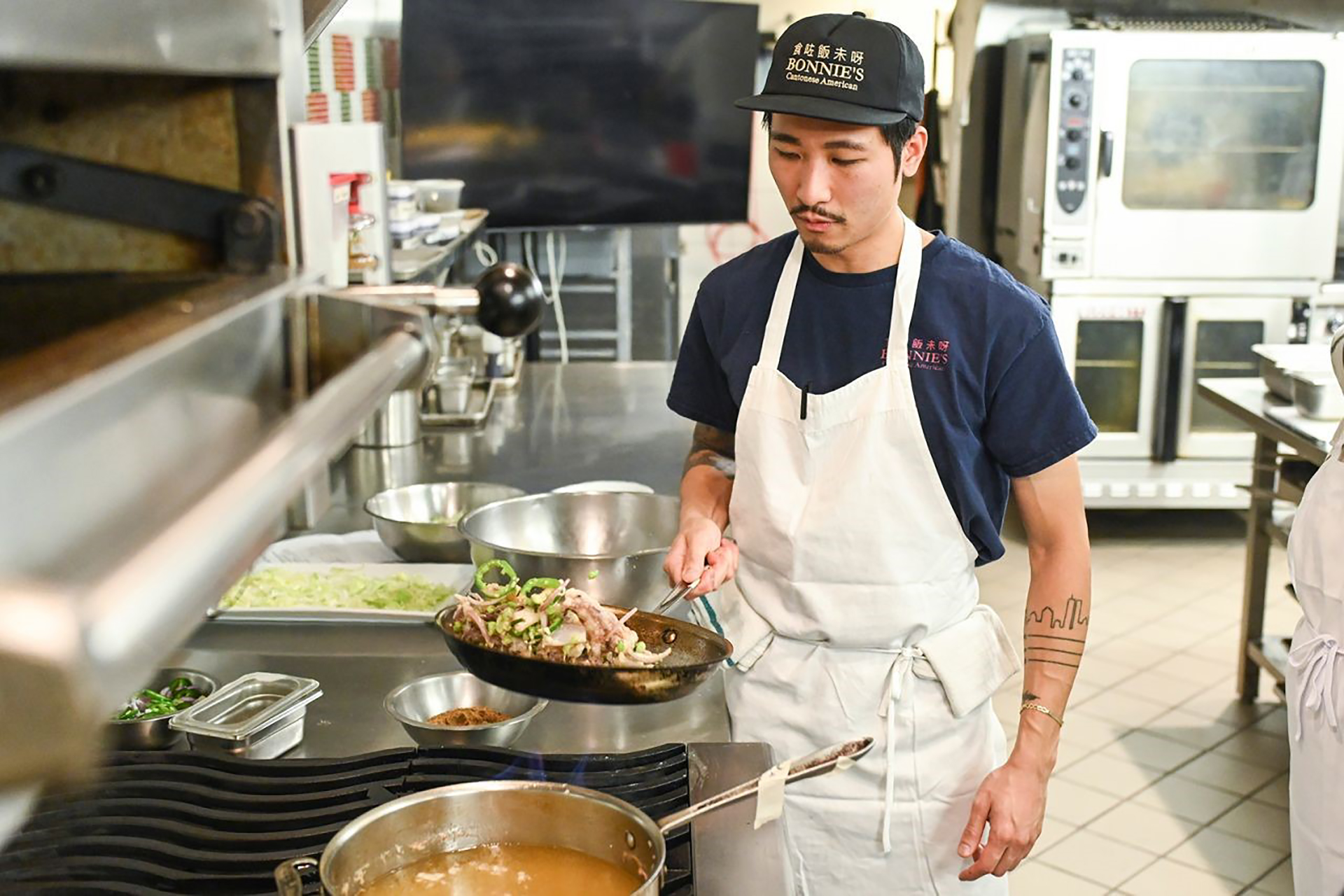
Calvin Eng is one of several chefs who have publicly advocated the use of MSG in food.
Today, chefs like Eng are not afraid to talk about MSG and include it in their menus, which is helping to change outdated thinking.
“I think our customers are younger people who understand MSG and don’t mind consuming it,” he said. “We’re proud to use MSG to help remove the negative reputation or connotation of MSG.”
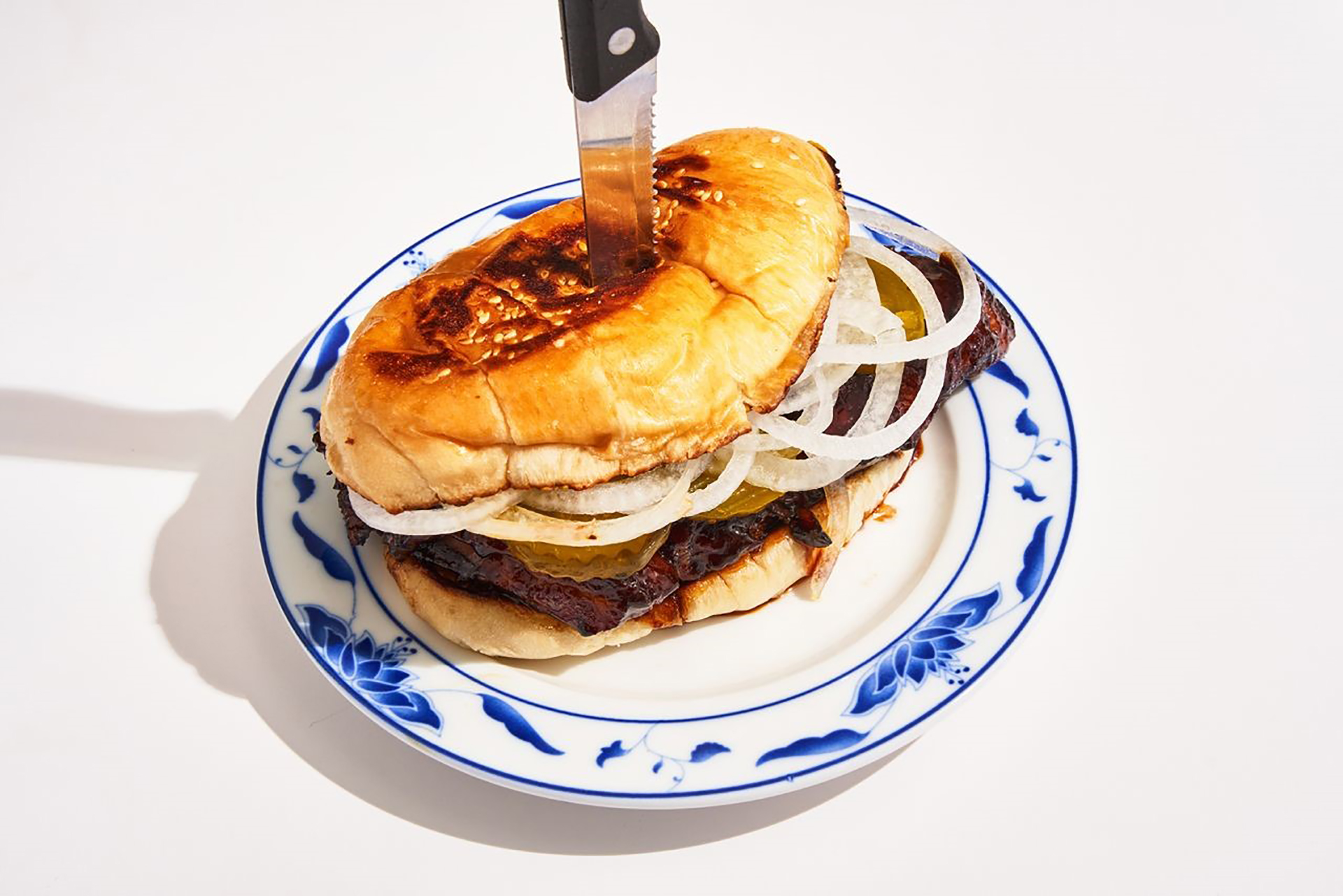
The Charsiu McRib, which contains a bit of MSG in its sauce, is the most popular dish at Bonnie's in New York City.
The most exciting item on the menu since Bonnie's opened is the Charsiu McRib, which is inspired by two dishes - a classic fast food burger and the traditional Cantonese steamed ribs and black beans dish that Eng's mother, Bonnie, loved to make.
To make the sandwich, Eng steams the ribs until the bones can be easily separated from the meat. He then marinates the deboned ribs overnight in his homemade charsiu sauce – made from hoisin sauce, malt, fermented red soy milk, MSG and more.
Once the meat is ready, it is pressed and flattened for several hours before being glazed and baked in the oven. Finally, Eng places a large piece of spare ribs, onions, pickles and mustard on a Cantonese "zyu zai" dumpling.
Demystifying MSG: "It Used to Be Taboo"
Eng is one of several celebrity chefs currently helping to promote MSG's image and try to dispel the negative stigma surrounding the centuries-old condiment, alongside Momofuku's David Chang and author/chef Eddie Huang.
"I grew up in an environment where using MSG was taboo. My mother would never use it, but she used chicken bouillon powder in her cooking. As a kid, I didn't know they were the same until I was old enough to care," Eng said.
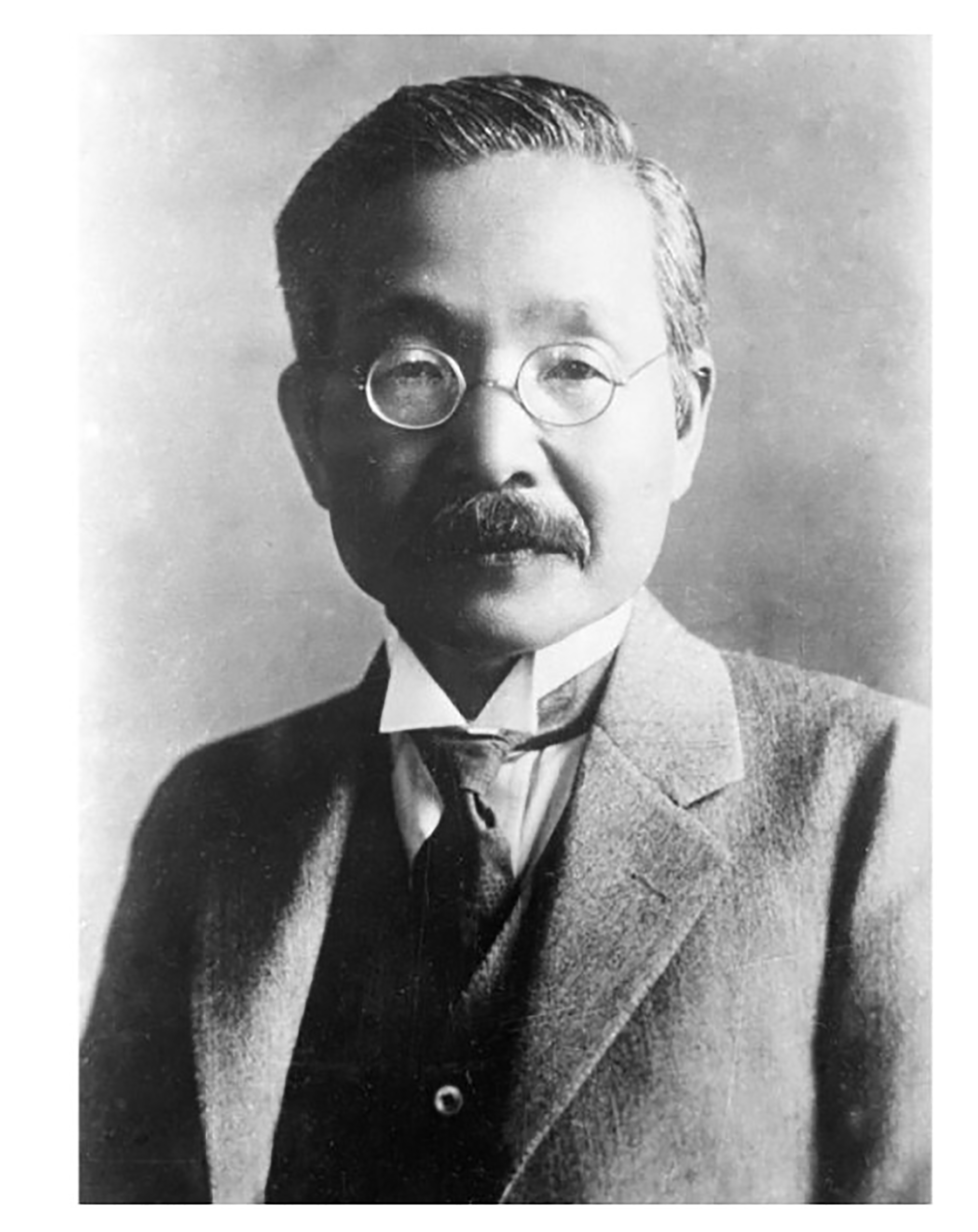
Japanese scientist , Kikunae Ikeda, who invented MSG
MSG was invented in 1907 when Japanese chemistry professor Kikunae Ikeda boiled large quantities of kombu seaweed to extract a component called glutamate. He created the “umami” taste, and then invented a way to produce MSG – a crystalline ingredient that can be used like salt and sugar.
A year later, businessman Saburosuke Suzuki teamed up with Ikeda to form the Ajinomoto Company to produce the seasoning. MSG quickly became an award-winning invention and a highly prized seasoning, especially among middle-class Japanese housewives.
In the coming decades, MSG became famous around the world . The US military even held its first MSG symposium after World War II to discuss how to use the spice to make rations tastier and boost soldiers' morale.
But MSG's image began to decline when an American doctor wrote a letter to a medical journal titled Chinese Restaurant Syndrome in 1968.
In it, he described symptoms such as “numbness in the back of the neck,” “weakness all over the body,” and “rapid heartbeat.” The doctor suspected that MSG, along with other ingredients such as cooking wine and high sodium levels, could cause these symptoms.
MSG was widely criticized, and the letter spread for decades around the world. Restaurants publicly rejected MSG. Food and beverage advertisers also refrained from mentioning it. When customers felt sick after a meal, they blamed MSG.
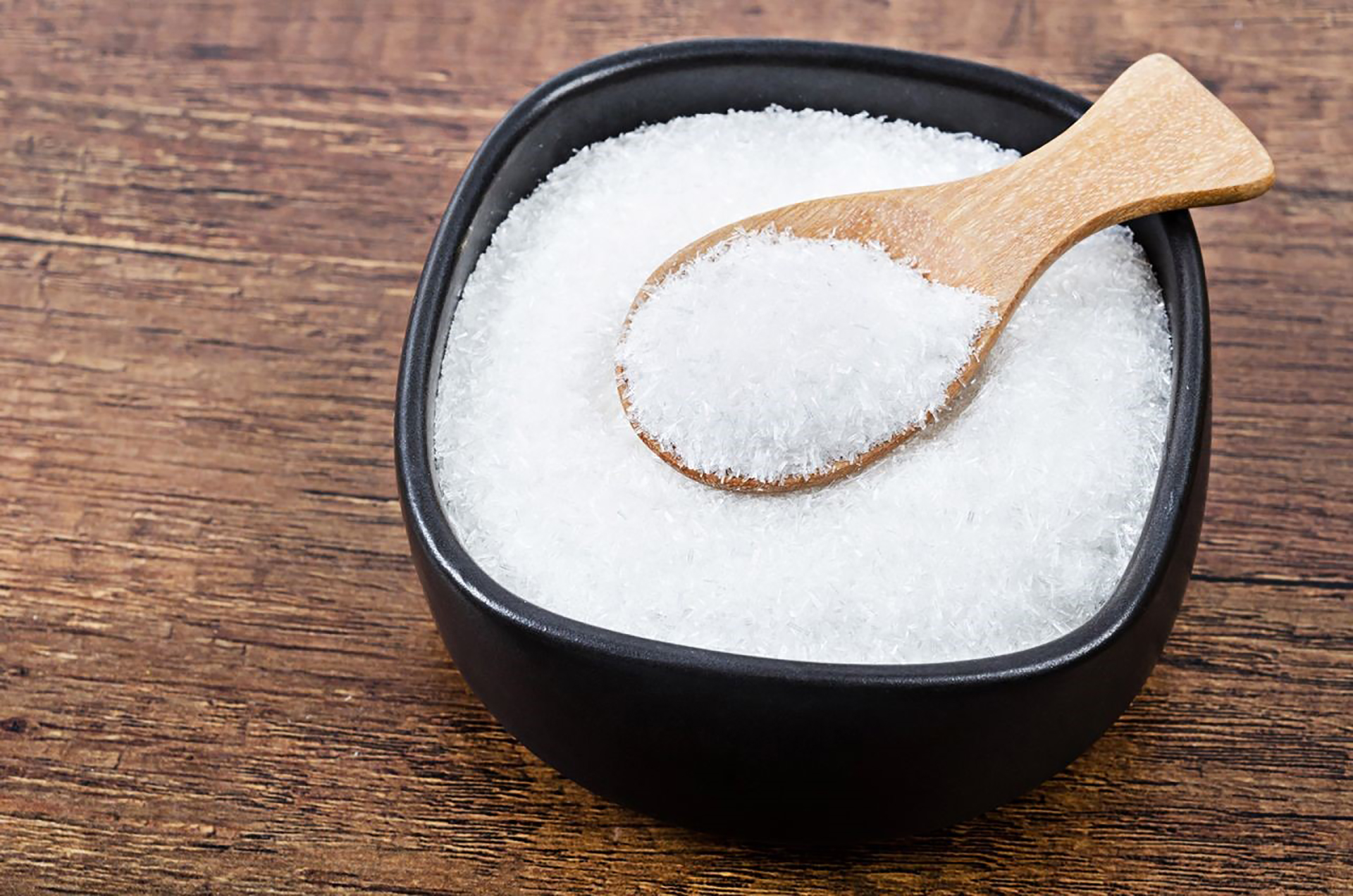
MSG is the crystalline form of glutamate, an amino acid found in many foods.
Despite repeated claims of negative reactions from consumers to MSG, decades of scientific testing have failed to demonstrate any adverse reactions to MSG. Government agencies around the world have deemed MSG a safe food additive, including the U.S. Food and Drug Administration (FDA).
The Hong Kong Center for Food Safety notes that using MSG can help reduce sodium intake, which is known to cause health problems such as high blood pressure, heart disease and stroke.
“When used in combination with a small amount of salt during food preparation, MSG has been reported to reduce total sodium intake in recipes by 20 to 40 percent,” said a food safety assessment conducted by a Hong Kong government science officer.
Source link


![[Photo] Dan Mountain Ginseng, a precious gift from nature to Kinh Bac land](/_next/image?url=https%3A%2F%2Fvphoto.vietnam.vn%2Fthumb%2F1200x675%2Fvietnam%2Fresource%2FIMAGE%2F2025%2F11%2F30%2F1764493588163_ndo_br_anh-longform-jpg.webp&w=3840&q=75)





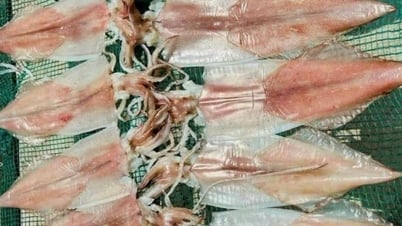

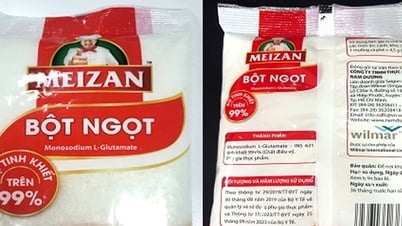

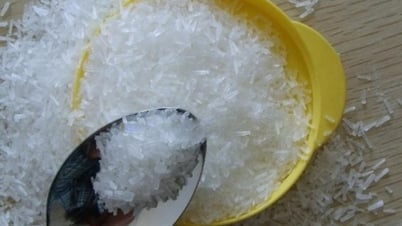

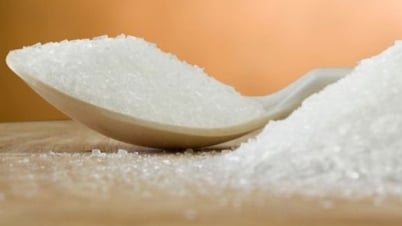
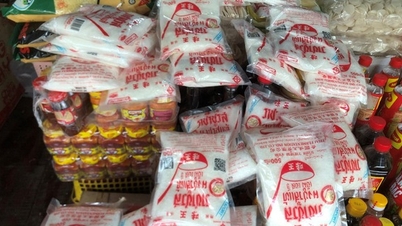



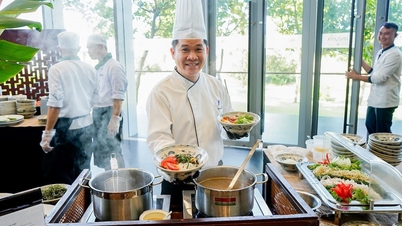

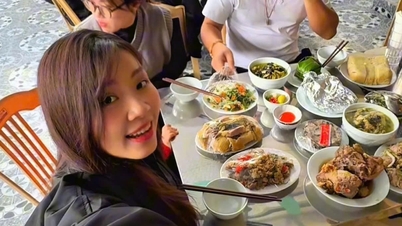
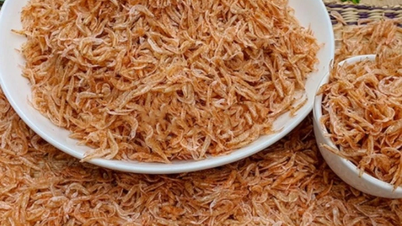

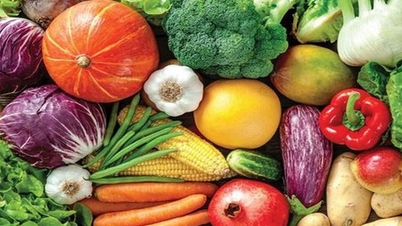



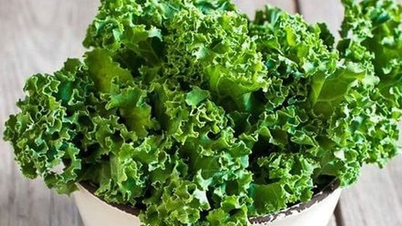






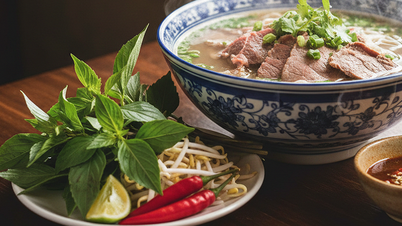
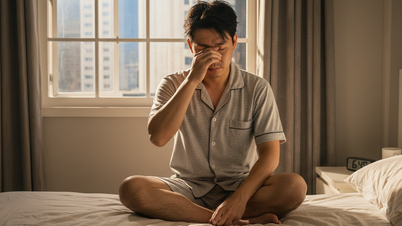




































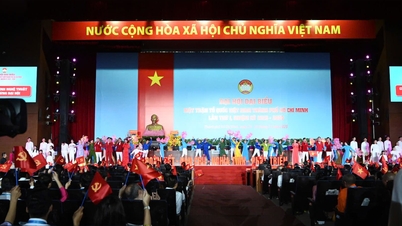





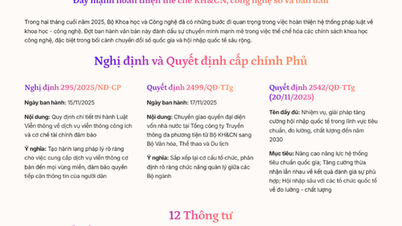




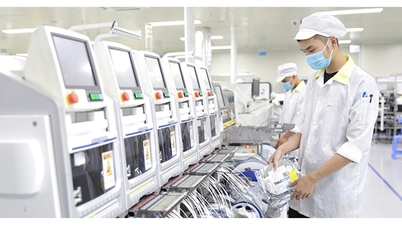



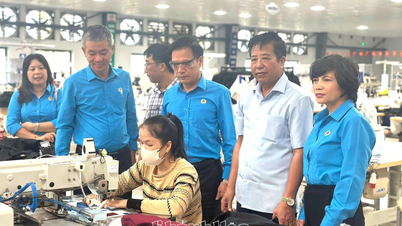




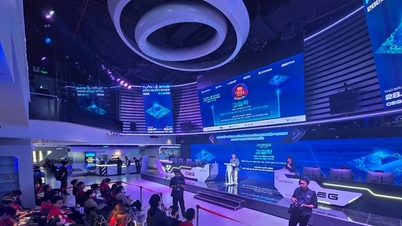













Comment (0)